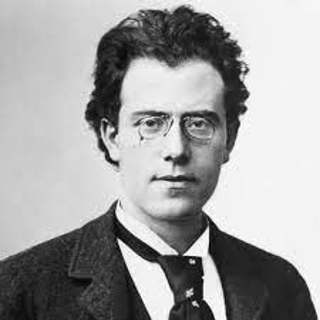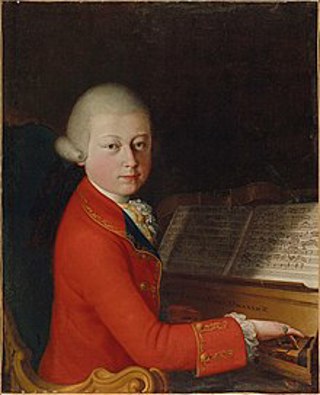
Mozart, "The Marriage of Figaro," Part 2
Acts III and IV of the Marriage of Figaro are complicated in many ways. They are difficult for the singers, for the conductor, and especially for the director. So in honour of the many experiments that have been made with the second half of this opera, I'm going to try an experiment as well. I'm going to take a performance of the opera, and play you the entire 3rd and 4th acts while doing live, unscripted commentary on it. Think of it as opera meets ESPN. Make sure to check out Part 1 first and enjoy!
25 Mars 20211h 31min

A Conversation with Frederica Von Stade
Frederica Von Stade needs no introduction. She is one of the legends of our time, and one of the most beloved singers in the world. She has made over 60 recordings and has appeared with all of the world's great opera companies. She is also spearheading a new project called The People's Choir of Oakland, focusing specifically on the homeless population. We talked about the People's Choir, and also touched on her career, including her experiences with Bernstein, Karajan, Abbado, and more. This was a blast.
18 Mars 202148min

Introduction to Opera + Mozart, Marriage of Figaro (Part 1)
In the late 16th century, a new art form emerged, borne out of a desire to re-engage with Greek dramas of the past. This art form was incredibly ambitious; it would involve music, words, and dance, all written to entertain court patrons and their subjects. Soon, this new idea had a name: Opera. Today, we'll do a brief overview of how opera developed all the way up until Mozart's time. Then, I'm going to take you through Acts I and II of Mozart's opera The Marriage of Figaro, my desert island piece. Enjoy!
11 Mars 20211h 13min
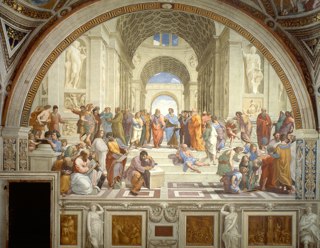
Renaissance Music in 60 Minutes
There are indelible images associated with the musical Renaissance period. This 200 year era saw an astonishing growth in productivity, an expansion of education, both musical and otherwise, and repeated religious upheavals. The music of this period existed both as a catalyst and as a reaction to all of these momentous events in history. We'll talk all about this fascinating 200 years of musical history in the 2nd of this ongoing series of each of the periods of Western Classical Music in 60 Minutes.
4 Mars 202156min
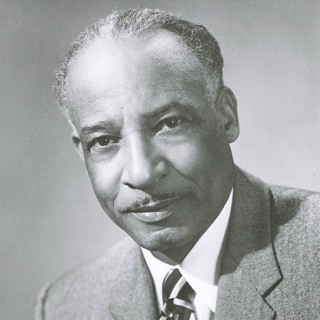
William Levi Dawson, "Negro Folk Symphony"
William Dawson is not a household name to classical music lovers. But for one week in 1934, he was the talk of the classical music world. The legendary Leopold Stokowski and the Philadelphia Orchestra had chosen to program a new symphony by Dawson entitled "Negro Folk Symphony." It was broadcast nationwide and the audience reaction was ecstatic. But the piece soon disappeared and it is only in the past few years that it is performed more often. Today, I'll take you through this absolutely amazing symphony.
25 Feb 202154min
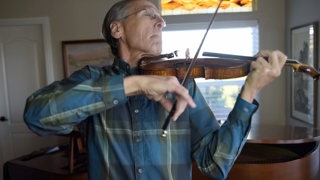
Nathan Milstein, Django Reinhardt, Playing with Only Two Fingers, and More, w/ Clayton Haslop
Clayton Haslop might not be a name that is familiar to all of you, but I bet you anything that you've heard his playing. He has appeared as concertmaster on over 1000 TV Shows and Movies, such as Titanic, A Beautiful Mind, The Matrix, Ratatouille, Star Trek, The incredibles, UP, and others. His story took on an extra resonance when he began suffering from Focal Dystonia. Taking a cue from the guitarist Django Reinhardt, Haslop relearned the violin with just two fingers. In this conversation, we talk about studying with Nathan Milstein, Neville Marriner, and Haslop's journey back to playing.
19 Feb 202140min
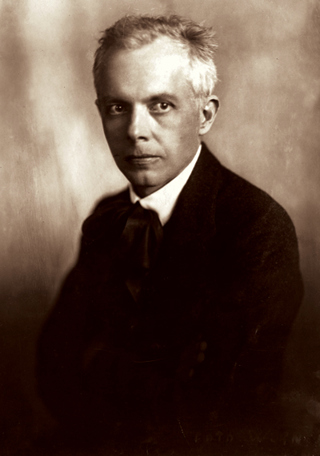
Bartok Divertimento for String Orchestra
It might surprise, or even shock you, to learn that a piece that crackles with joy and excitement like Bartok's Divertimento was written in November of 1939. But the circumstances of the Divertimento are among the most unusual in the history of 20th century music. Bartok's Divertimento is a perfect amalgam of his style; a wholehearted embrace of folk music, old forms, and in the slow movement, a large dose of terror. This is a truly underrated piece that allows us to explore Bartok from every angle. Enjoy!
11 Feb 202150min
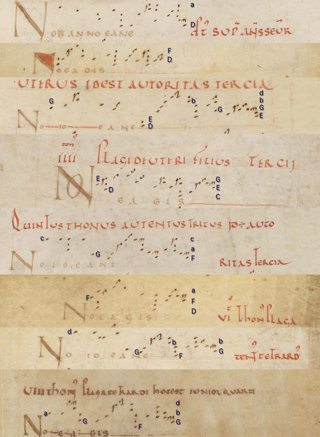
Medieval Music in 60 Minutes
When we hear Medieval music performed live, it speaks to us in a different way than almost any other music. It seems to have just appeared, as is, from the earth itself. Medieval music was originally passed down by oral tradition but soon a desire for standardization led to musical notation, rhythmic notation, and the seeds of so much music to come. Medieval music might be the most mysterious of all the eras of classical music, so let's dive right in, with Medieval Music in (almost) 60 minutes.
4 Feb 202152min
